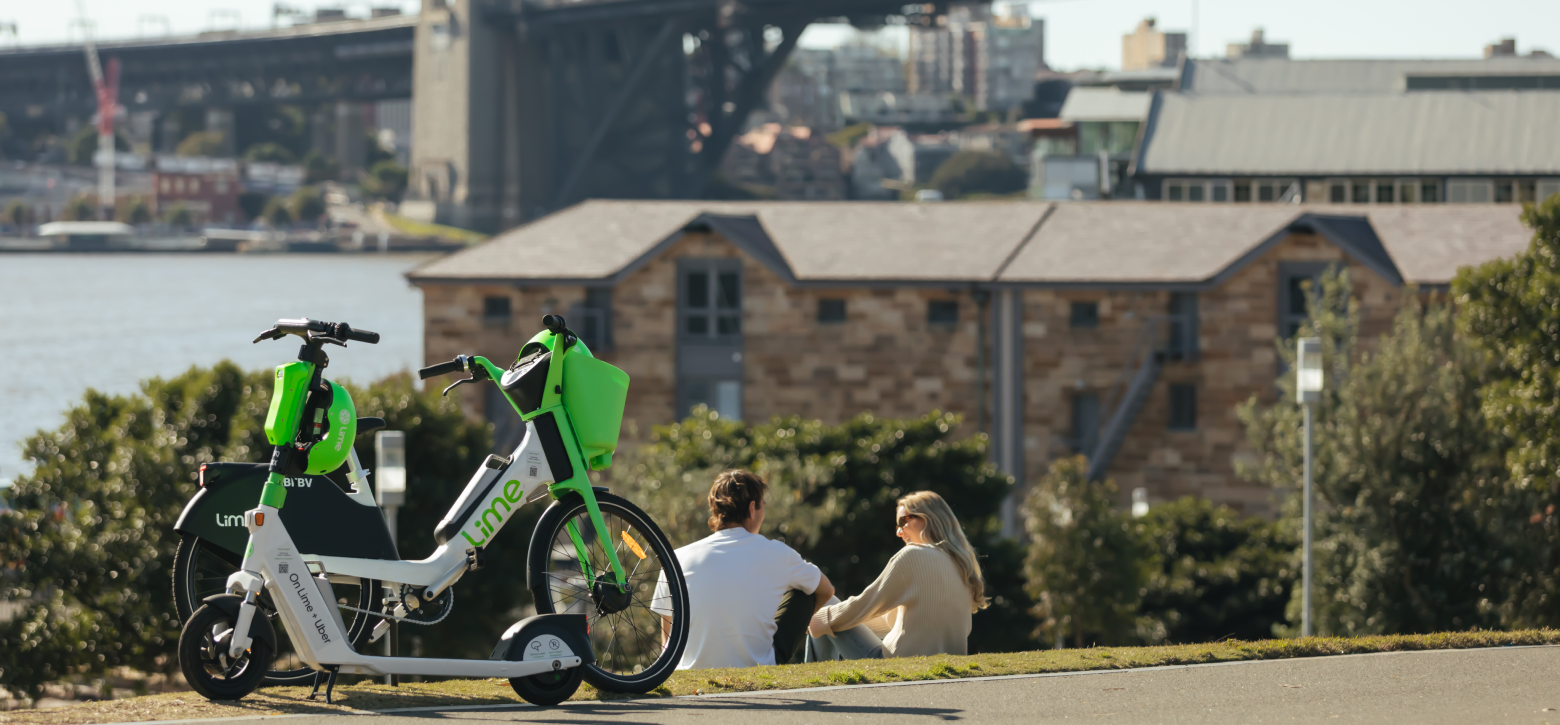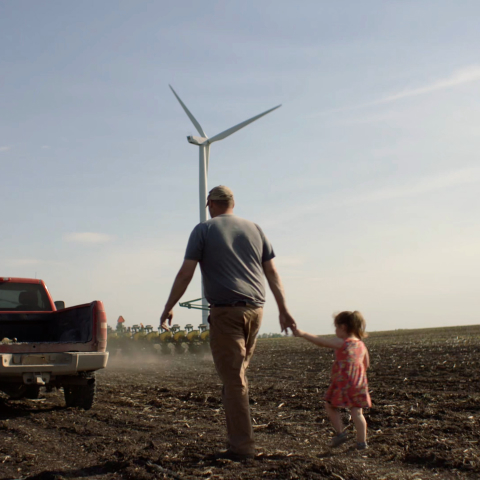When you look across businesses with an enduring sustainability impact in any sector, there is one thing nearly all have in common: They’re profitable. Profits are the lifeblood that allow a company to exist, to reinvest, and have a long-lasting impact.
At Lime, where we provide shared e-scooter and e-bike transportation in more than 280 cities globally, our goal is to help shape a future of transportation that is entirely carbon free.
Tied to this ambitious goal, we’ve long known we wouldn’t have an enduring impact on environmental sustainability without also achieving financial sustainability. Simply put: We need to exist and provide our service to have an impact. Doing this hard work alongside other like-minded businesses similarly committed to a decarbonized future is easier than going it alone. That’s why we signed The Climate Pledge.
The Climate Pledge was a natural extension of our climate efforts and ambition to be net-zero carbon by 2030. Joining the Pledge as one of the first 100 global businesses was less about Lime’s commitment to a net-zero future and more about being part of a global rallying cry of aligned businesses seeking an alternative path; a new frontier of businesses with strong missions that stand up for our climate future.
We believe that, collectively, businesses can have a global reach, touching nearly everyone in the global economy. To have a fighting chance of meeting the objectives of the Paris Agreement and limiting global warming to 1.5 degrees Celsius, it will take a monumental effort. Governments can’t do this alone. To have this fighting chance, we need businesses that can innovate, scale, and endure, where the more they grow, the more good they can do. We also need our collective impact to drive decarbonization of the industries around us, from supply chains to logistics. We can’t do it alone.
Last year we were able to extinguish the notion that there isn’t a path to profitability at scale for shared micromobility, or transportation using lightweight vehicles like bikes and scooters. We achieved positive Adjusted EBITDA (earnings before interest, taxes, depreciation, and amortization) because of our focus on sustainability, not despite it.
If 2022 was the year we showed micromobility can be profitable, 2023 was the year we showed it can also be sustained at scale. In 2023, we again were able to grow the business by 30%, and adjusted EBITDA growth of over 500%. As with 2022, this isn’t just a major milestone for Lime, but is also further proof that a strong sustainability agenda is good for business.
Over this same period, we cut our carbon emissions intensity by more than 37% and are on track for a 50% reduction over five years from our 2019 baseline. According to 2022 research by Fraunhofer ISI, a leading German research institute, Lime’s e-scooter service had an average net savings of 26.4g of carbon dioxide for each kilometer ridden and our e-bikes save 10.3g per kilometer.
To date, our riders have taken over 500 million zero-emissions rides. Since one in every five trips prevents a high-emitting private car trip, they’ve prevented an estimated 62 million pounds of coal from being burned, or the equivalent of the annual electricity consumed by more than 11,000 homes.
So what did we do in order to get here?



.jpg)





